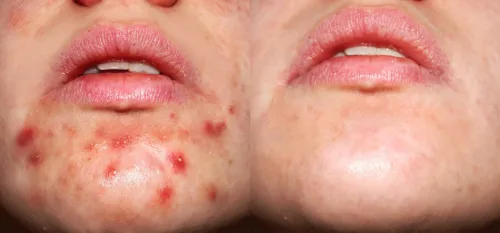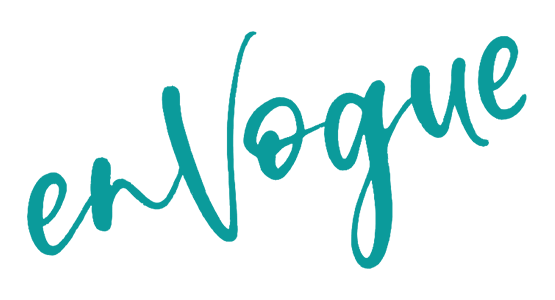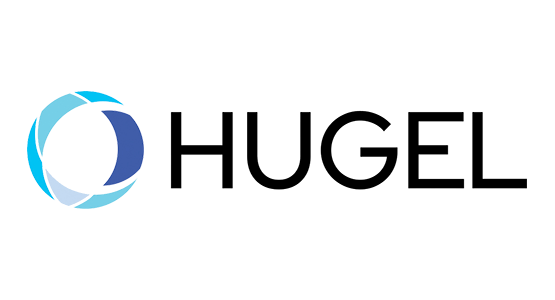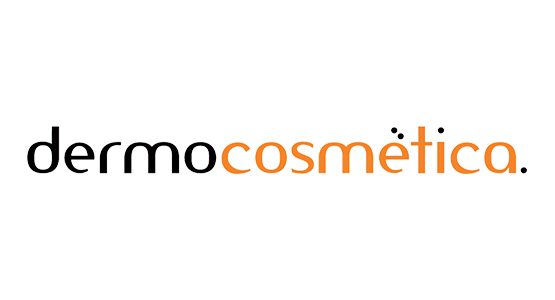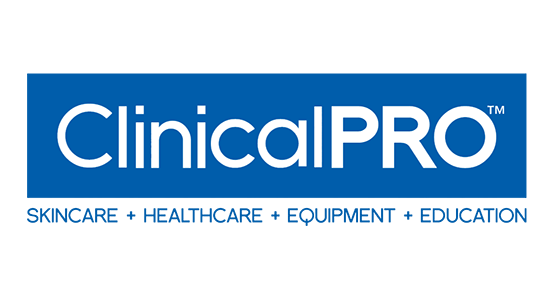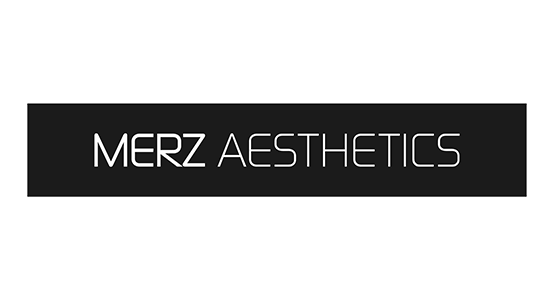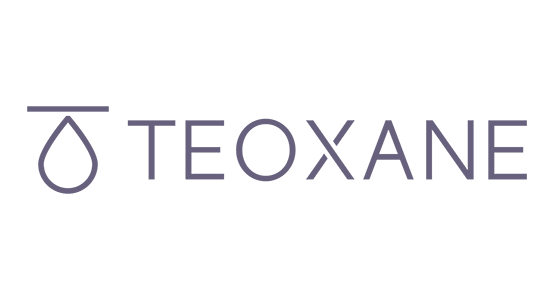Acne: Your Guide to Evidence-Based Treatment with Nurse Jo at Hamilton Skin Clinic
Acne vulgaris, commonly known as acne, is a frustrating skin condition affecting millions of people worldwide. This article aims to empower you with knowledge about how to effectively fix acne and the treatment options available with Nurse Jo, a highly-skilled and experienced acne nurse at Hamilton Skin Clinic.
What Causes Acne?
The Acne Formation Process
Increased Sebum Production: Androgen hormones, present in both males and females, can influence sebaceous gland activity. During puberty or due to hormonal fluctuations, these glands may produce excess sebum, a natural oily substance.
Follicular Hyperkeratosis: The normal process of skin cell shedding can become disrupted, leading to an abnormal buildup of keratin within the follicular infundibulum (the upper part of the hair follicle). This hyperkeratosis contributes to pore blockage and subsequent acne development.
P. acnes Colonization: Propionibacterium acnes (P. acnes), a bacterium naturally residing on the skin, thrives in the sebum-rich environment. P. acnes colonization combined with follicular hyperkeratosis creates an ideal niche for bacterial overgrowth and subsequent inflammation.
Inflammatory Response: The body’s immune system mounts an inflammatory response to the trapped sebum, P. acnes colonization, and follicular disruption. This inflammation manifests as the various types of acne lesions observed clinically.
How Do We Treat Acne?
Nurse Jo leverages training and experience to achieve excellent results in treating various acne presentations. We understand acne is not a one-size-fits-all condition and utilise a multi-modality approach, including:
- Topical medications: This may include retinoids to normalise follicular differentiation and keratosis, benzoyl peroxide for antibacterial action, and combination products for synergistic effects.
- Oral medications: When indicated, oral antibiotics like tetracyclines can target inflammatory acne, while hormonal therapies may be considered for specific cases.
- Vitamin A derivatives: Isotretinoin (commonly known as Accutane) is a powerful oral medication reserved for severe, treatment-resistant acne where referral to a dermatologist is required. A topical vitamin A cream may be initiated in many cases.
- Chemical peels: Superficial or medium depth chemical peels can be used to address comedones and improve overall skin texture.
- Skin Care: As acne is a medical condition, specific skin care products should be used for best results.
- Light Based Therapies – IPL, Light Therapy, and Lasers
Tips for Success:
Achieving clear skin requires dedication and the right approach, the following are recommendations only.
- Cleanse Wisely: Wash your face twice daily with a gentle, non-abrasive cleanser.
- Gentle Skincare Routine: Opt for fragrance-free, non-irritating products. Skip astringents, toners, and harsh exfoliants that can worsen acne.
- Shampoo Your Hair Regularly. Oily hair can contribute to breakouts on your forehead, so shampoo more frequently and keep the hair off your face.
- Stay Consistent: Don’t jump from treatment to treatment, allow time for your prescribed regimen to work.
- Hands Off: Resist the urge to pick pimples as this prolongs healing and increases scarring risk.
- Sun Protection: Sun exposure can worsen acne and increase skin cancer risk. We recommend a broad-spectrum, non-comedogenic sunscreen to avoid clogging pores.
Minimising Scarring
Acne scarring is a cosmetic concern. Nurse Jo will discuss innovative treatment programs specifically designed to minimise scarring while actively managing your acne. These programs may incorporate:
- Scar revision techniques: Once acne is under control, Nurse Jo can collaborate with a dermatologist to explore various scar revision techniques, like laser therapy and volumisers, depending on the type and severity of the scarring.
In Conclusion:
Acne is a multifactorial, inflammatory skin condition. The following factors contribute to its development:
- Increased sebum production: Androgen hormones stimulate sebaceous glands to produce more oil, which can clog pores.
- Follicular hyperkeratosis: Abnormal keratinocyte proliferation within the follicle contributes to pore blockage.
- P. acnes colonization: The bacterium Propionibacterium acnes thrives in a sebum-rich environment and triggers an inflammatory response.
Next Step in your acne care:
Book a complimentary acne consultation appointment at Hamilton Skin Clinic
